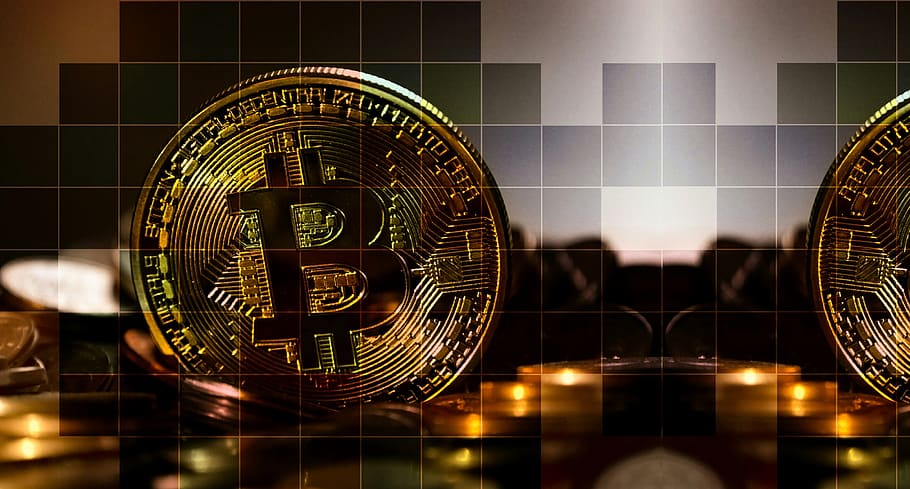What is Decentralized Crypotocurrencies In a Simple Understanding?

A fundamental goal of cryptocurrencies is to create a system that cannot be censored. Nobody should be able to block the user's credit or take control of it. To do this, decentralization is used. A central authority can be manipulated more easily or enforce its own will. However, if many decision-makers are given additional monetary incentives if they act in accordance with the rules or if they are exposed to risks if they break the rules, censorship is unlikely.
Decentralization
A system or cryptocurrencies is decentralized if there is more than one decision-maker. In two instances, one speaks of a decentralized system. There is no upper limit. The more decision-makers there are, the more decentralized the system becomes. Of course, decentralization is also related to the power of the decision-maker. If there are 1,000 decision-makers and one has 90% of the power, decentralization is also limited. In the end, the distribution of power counts. Decentralization is the distribution of power among decision-makers.
In decentralized systems, power is combined with effort. Since it is not so easy to fake effort, this prevents Sybil attacks. Sybil attacks are attacks in which power or influence is simply created viciously. For example, in a system in which each computer has the same amount of power, simply simulate several computers and you have more power.
The power in decentralized systems is represented by so-called consensus mechanisms. The best known are Proof of Work, Proof of Stake, delegated Proof of Stake.

Popular Proof of Work Cryptocurrencies
- Bitcoin
- Bitcoin cash
- Etherum
- Litecoin
- Monero
- Dash
Popular Proof of Stake Cryptocurrencies
- Cardano
- Nxt
- Pivx
- Peercoin
- Algorand
Popular Delegated Proof of Stake Cryptocurrencies
- EOS
- Tron
- Lisk
- Tezos
Not very decentralized cryptocurrencies
A cryptocurrency that is not currently decentralized is e.g. B. IOTA. The network uses a coordinator who protects it from attacks. The coordinator has the power to decide which transactions are confirmed and which are not. However, this state should only be temporary. The aim is to switch off the coordinator so that the network functions completely decentrally.